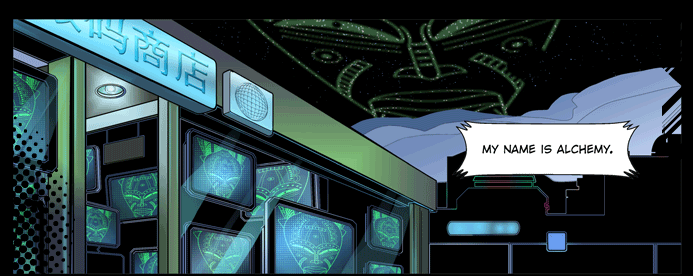A crash course in changing the world.
Crisis Networking

// 009 CRISIS NETWORKING
"There are a lot of special things about outbreaks, but most important is that they're unfolding events. Nobody really knows where they're going and, especially in the beginning, there's high outrage and high concern in the absence of knowing what the hazard is"
— D*** Thompson, Team Leader, WHO Pandemic and Outbreak Communication
When a pandemic strikes, disease isn't the only enemy. Panic and denial can wreak extreme havoc on society. But citizen journalists and social innovators can play a key role in spreading information and organizing emergency efforts.
Your mission this week: Master the crisis networking skills of psychological first aid and virtual emergency response.
Psychological first aid is designed to reduce the initial distress caused by a traumatic event or crisis, and to foster short and long-term adaptive functioning.
Virtual emergency response is the use of online collaboration tools to help people "at a distance", or far from the crisis, make a difference.
These two skills are especially important for pandemic management. But they can also help a society survive any extreme crisis, or "superthreat".
Investigate further:
- Psychological Aid - Field Operations Guide
- Crisis Commons Hub
- Crisis Commons Wiki
- Geocollaborative Crisis Management
- Pandemic Preparation in Africa
Preparing for a pandemic crisis - the most likely global superthreat
Influenza is a common disease with uncommonly lethal potential. A serious worldwide outbreak—or pandemic—of flu could lead to millions of deaths around the globe as well as breakdowns in the economy, social order and everyday life.
In a worst-case scenario, hospitals would not be able to take care of all the sick seeking help; people would be forced to search for food; dead bodies would emerge faster than morgues could process them; supply chains and local services such as waste-management and electricity would eventually break down; and much of this would happen simultaneously across the nation, and likely around the world.
Even so, 98 out of every 100 of us on this planet would get through the pandemic. So the real question is how do we get society through it?
© 2024 Created by Alchemy.
Powered by
![]()








